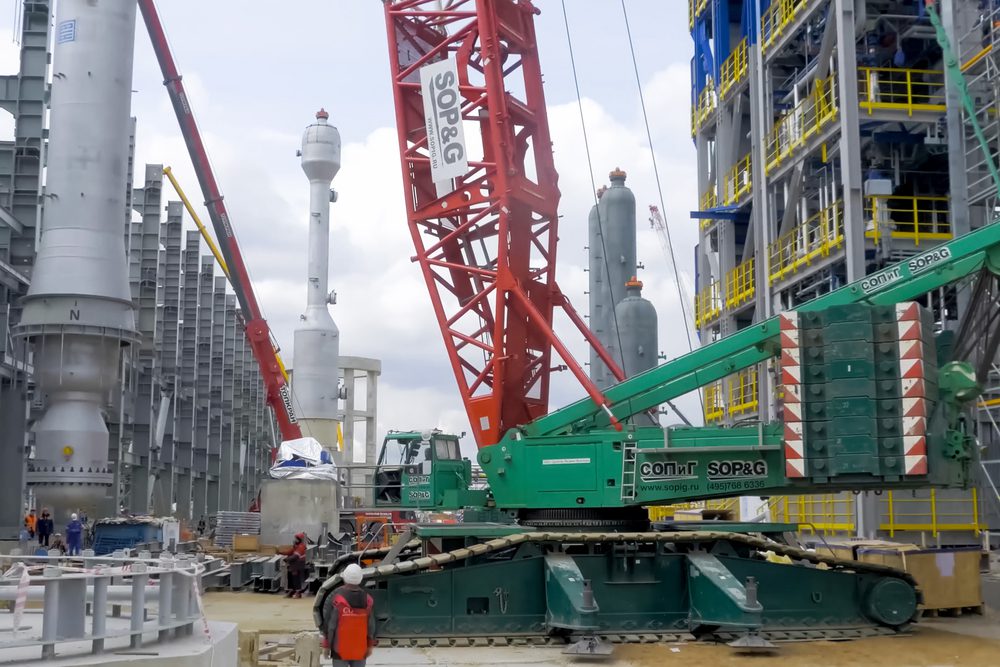HOME HEATING OIL DELIVERY
WHAT IS HEATING OIL?
In Oregon and Washington, heating oil is diesel fuel. In these states, the allowance for pollutants in the fuel is more flexible for heating and boiler fuels. Therefore, Star Oilco is committed to only deliver the cleanest, most advanced fuel possible: ultra-low sulfur diesel. Other companies might deliver dirtier burning sulfur diesel, but we do not. Star Oilco’s heating oil fuel burns much cleaner in your furnace, which improves its performance and extends its life. Star Oilco also offers our customers a blend of biodiesel mixed with our heating oil. This further reduces emissions, as well as odor from the burned fuel.
WHAT IS #1 STOVE OIL AND KEROSENE?
Stove Oil and kerosene are different specifications of heating fuels and both are typically low-sulfur fuels. Low-sulfur fuels have below 500 parts per million of sulfur. While “ultra-low sulfur” fuels are under 15 parts per million. We aspire to use ultra-low sulfur fuels, however, kerosene often is only available as a low-sulfur formulation. If available we will use ultra-low sulfur kerosene, but cannot guarantee its supply. Our stove oil and kerosene products are essentially the same product.
The big difference between kerosene and #1 stove oil is the ASTM Specifications for use. Kerosene’s ASTM specification requires an ability to be taken up by a wick, like in a wick heater. Stove oil does not require this property but can still work in a wick heater. Both specifications are #1 diesel fuel, on-road #2 diesel fuel having a slightly heavier specific gravity. These names and product differences can be confusing, so we welcome our customers to call us to ensure you’re getting the right product.

LEARN MORE ABOUT OUR AUTOMATIC “KEEP FULL” DELIVERY PLANS
WHAT DO I NEED TO CONSIDER IN USING A B20 BIODIESEL HEATING OIL?
With B20 heating oils (20% biodiesel & 80% petroleum diesel) routine maintenance is the only thing you need to consider. B20 heating oil is a proven fuel with a long track record of success with a substantial reduction in pollutant emissions and soot. Regardless of fuel type, all furnaces should be tuned up every few years. In addition, the air filters in your furnace need to replaced several times a year (swapping air filters is easy and your HVAC technician can show you how to do this to improve your home’s air quality).
With heating oil systems we recommend an annual tune up to ensure a proper fuel-air mixture and a highly efficient operation of your furnace. If you move to a B20 heating oil, a routine tune up will ensure the fuel-air mixture is adjusted for cleaner burning and oxygenated fuel (biodiesel provides more oxygen in the combustion process). Well-tuned B20 biodiesel furnaces will burn substantially cleaner than a petroleum diesel furnace. Especially if you were using a high-sulfur heating fuel before this.
WHAT DO I NEED TO CONSIDER IN USING A B99 BIODIESEL HEATING OIL?
With B99 home heating oils, furnaces will often need some upgrades to operate this type of fuel. We have a few dozen B99 heating oil customers and they have invested in a commitment to this fuel. We have over a decade of experience in both B99 and B20 fuels and our customers are very happy with these products. B99 will burn efficiently in an oil furnace, but pure biodiesel has a thicker viscosity and will gel in below-freezing temperatures.
We recommend anyone considering B99 biodiesel for their heating fuel to find a HVAC technician that is pro-biodiesel and willing to walk you through your system prior to trying this alternative fuel. If you are interested in B99 heating oil, feel free to call our office and ask us to help you. We can provide a more in-depth conversation to guide you in your next steps.


